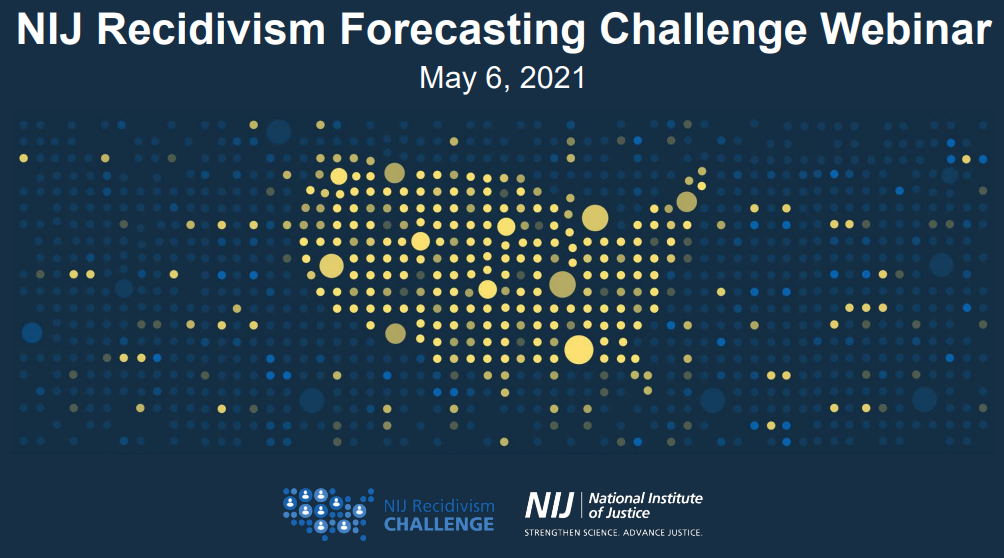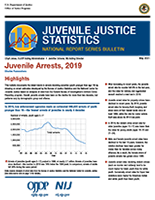NIJ Recidivism Forecasting Challenge Webinar Transcript
Challenge has closed
Thank you to everyone who submitted an entry. Winners will be notified by August 16, 2021, and posted online.
Winners are to submit paper outlining the variables that were tested, indicating which were of statistical significance and which were not, by September 17, 2021.
DARYL FOX: Good afternoon, everyone. Welcome to today's webinar. NIJ's Recidivism Forecasting Challenge, hosted...



